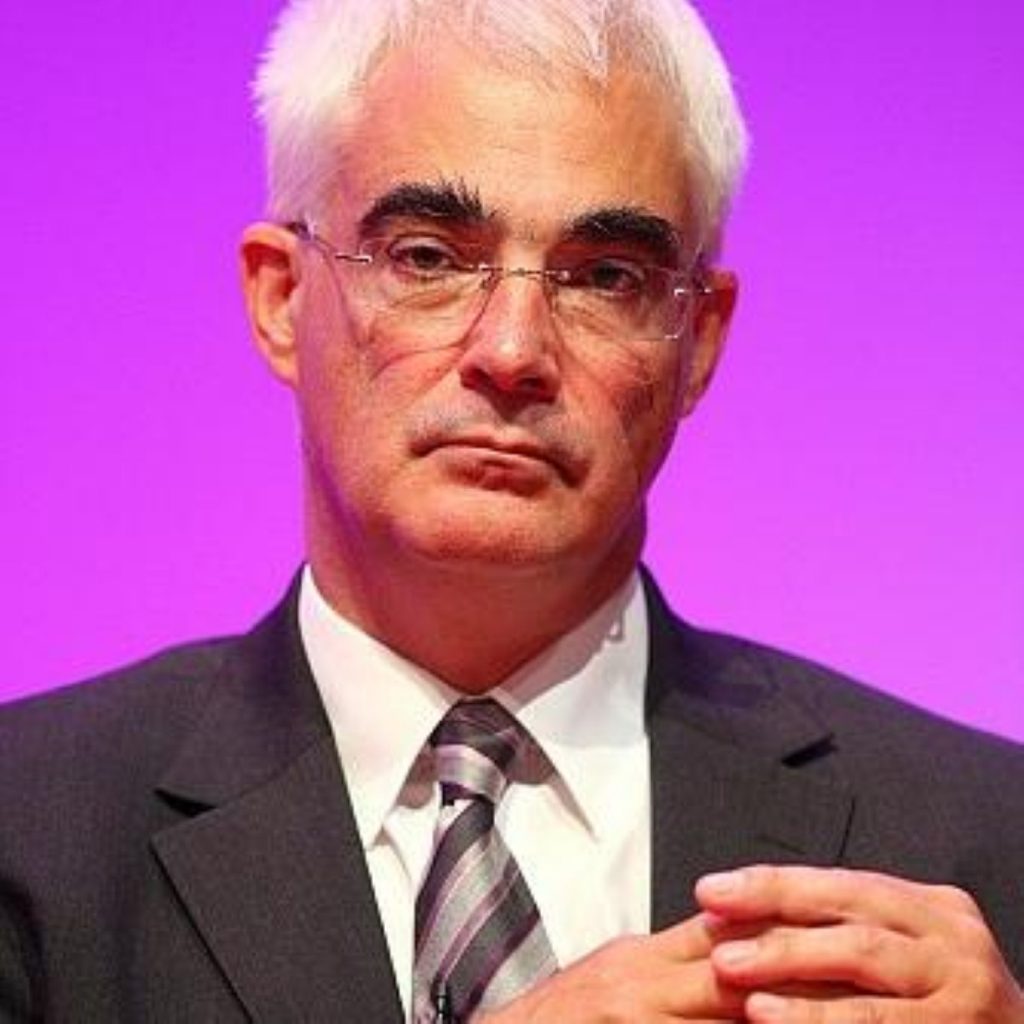Govt will appoint board members
The government will appoint board members on the banks it buys a stake in, chancellor Alistair Darling has confirmed.
The statement, made in the House of Commons this afternoon, contradicts government assurances from last week.
He said: “The government will take significant shareholdings in these banks – in one case a majority stake. And, in line with normal commercial practices, the government on behalf of taxpayers will have appropriate representation on their boards.
“These shareholdings will be managed on a fully commercial basis by an arm’s-length body – with a precisely-defined remit – to act in the interests of taxpayers.”


But Mr Darling added that the government had no interest in running the bank themselves.
The £37 billion deal to recapitalise Lloyds TSB, HBOS and Royal Bank of Scotland has seen the government become the biggest shareholder of the banks – but the chancellor has said the state will not aim to control the banks.
He also revealed – as with Northern Rock – public sector borrowing figures will exclude the investments in the banks and the money borrowed to do so.
He said the debt will be raise in the normal way and suggested the appetite for government bonds remained.
“These are very turbulent times in financial markets. But I believe these measures are essential to stabilise the financial system and help the UK economy,” he concluded.
Conservative shadow chancellor criticised the government over the biggest peace-time increase in borrowing – saying it accounted for £1,000 of extra borrowing for every family.
He also questioned the U-turn on the government placing representatives on banks’ boards and the switch to only preference shares to a mix of preference and ordinary shares.
But he said he supported the action because faced with the collapse of the banking system there was no alternative.
He added it would “land the UK taxpayer paying for the boom that turned to bust”.
Mr Darling explained that given the scale of the problem a balance was needed between preference and ordinary shares as too many preference shares would impede the growth of a bank.
The chancellor also responded to criticism of executives still receiving bonuses in shares.
“Anything that ties senior management to the health of a company must be a good thing. In future rewards will be tied to the long-term future of the bank,” he said.
Liberal Democrat treasury spokesman Vince Cable called on a purge of irresponsible bankers, and urged him to call in building society heads to run banks.
He also questioned the move to force banks taking recapitalisation to increase lending to 2007 levels – describing that period as “the very peak of irresponsible lending”.
“The agreement available of support for mortgages will remain at 2007 levels,” the chancellor said.

